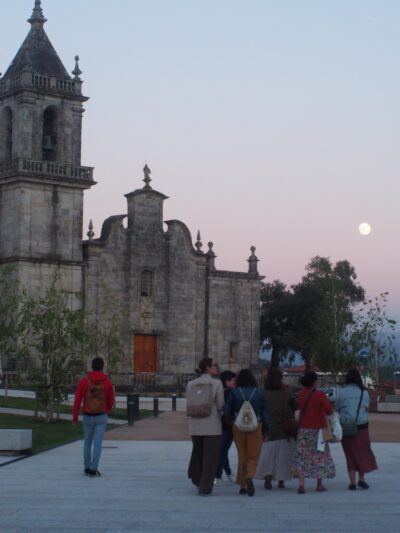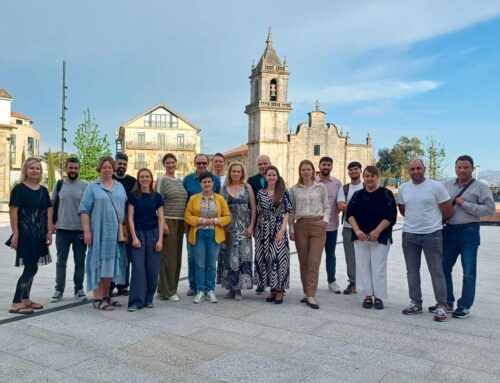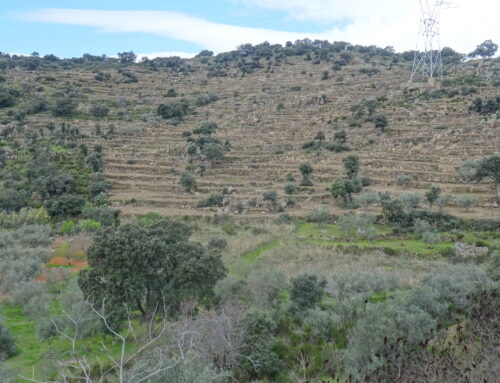Elena Gallego Chávarri’s master’s thesis, presented as part of the International Master’s in Rural Development at Ghent University (Belgium), investigates the main obstacles and opportunities in the implementation of energy communities in rural municipalities in Spain, highlighting the socio-economic, cultural, and regulatory implications. The EC4RURAL project coordinator, Xavier Simón, co-supervised this academic work.
Researcher Elena Gallego Chávarri recently presented her master’s thesis on the challenges faced by Energy Communities (ECs) in rural municipalities in Spain. The thesis, entitled Energy Communities in Rural Municipalities in Spain: A Case Study of Their Context and Current Situation, examines the barriers and opportunities in the development of these initiatives, with a multidimensional approach that includes normative, socio-economic and cultural factors.
The thesis highlights that rural areas are characterised by a high potential for renewable energy production but suffer from structural problems such as depopulation and an ageing population. These complications impede the adoption of innovative projects such as ECs, despite European policies to promote self-sufficiency and the production of clean energy.
Through a rigorous methodological approach, including literature review, expert interviews and ethnographic fieldwork in the municipality of O Rosal, Galicia, the author identifies the main obstacles that prevent the success of EC in rural areas. This municipality is one of the local administrations involved in the EC4RURAL project. One of the main conclusions of the study is the need to strengthen institutional support and improve public information on the benefits of ECs for both communities and individuals. Gallego Chávarri’s work highlights that the creation of these initiatives requires not only technological advances, but also a change in public perception and greater commitment from local administrations. It also highlights the relevance of the lack of a clear regulatory framework, administrative complexity and the scarcity of technical and financial resources at the local level.

Finally, the research underlines the importance of involving local communities in the design and implementation of large-scale renewable energy projects to ensure their long-term sustainability and maximise the positive economic impact on rural areas.
The research received the highest score from the examining board.






